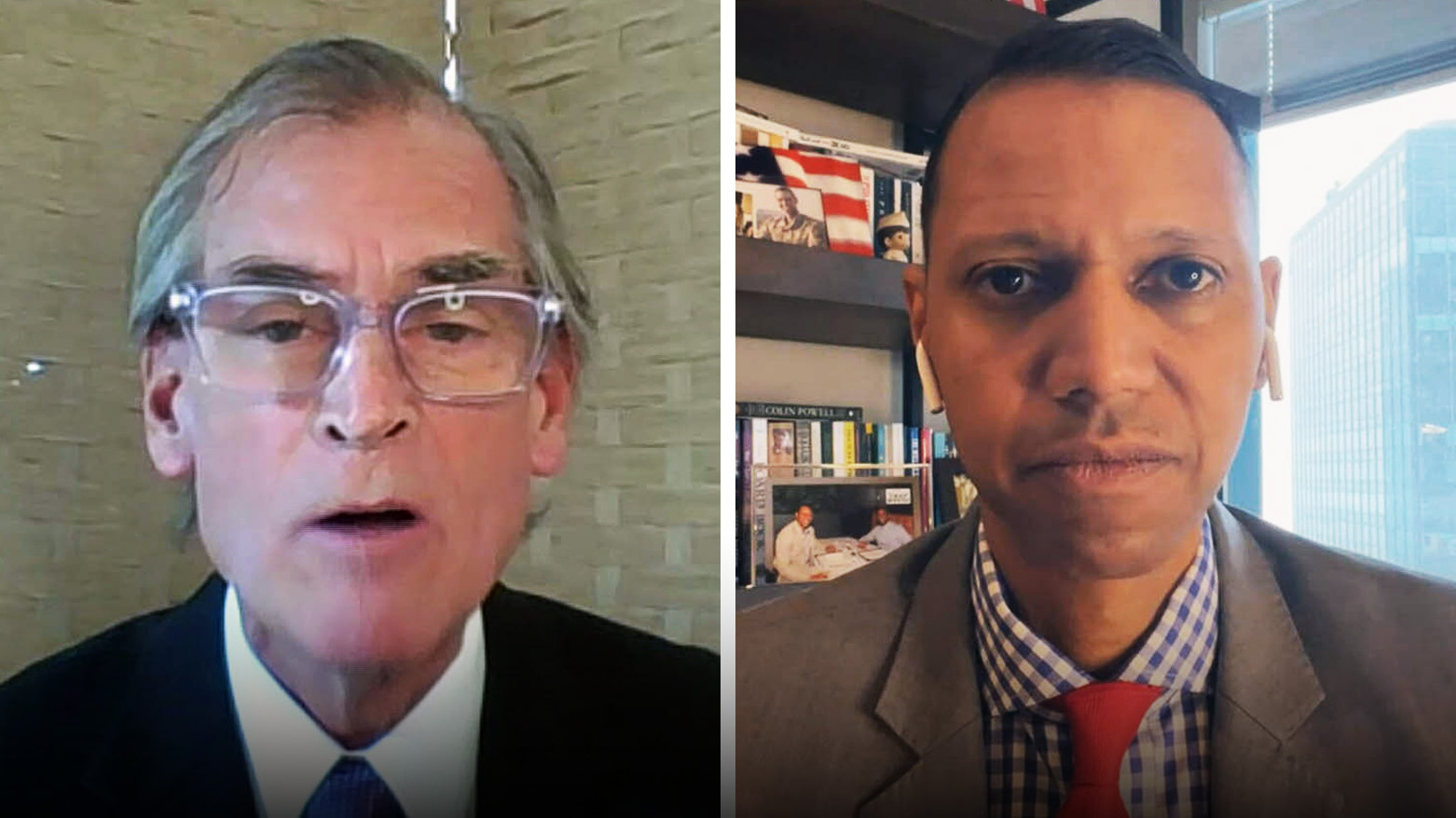‘Baghdad Hindered Kurdistan's Energy Development and Oil Exports’ Former US Diplomat
“It is puzzling that Baghdad is willing to harm itself economically just to assert power over Kurdistan. This approach is completely illogical.”

Jan 7, 2025
ERBIL (Kurdistan24) – Baghdad has hindered Kurdistan’s progress in energy development and oil exports without any logical justification, former US diplomat to Iraq, Vincent Campos, told Kurdistan24 on Monday.
US Former Diplomat Criticizes Baghdad’s Policies on Kurdistan’s Energy Development
Campos stressed that Erbil and Baghdad must resolve their differences by adhering to the Iraqi constitution and achieving tangible progress in this area. “A stronger, economically stable Kurdistan contributes to a more stable Iraqi economy,” he stated.
Addressing the issue of delayed payments from Baghdad to the Association of the Petroleum Industry of Kurdistan (APIKUR), Campos described it as a symptom of larger systemic issues, reflecting Baghdad’s reluctance to work collaboratively with Erbil. “Energy and oil are fundamental to Kurdistan’s economy,” he added.
In a live televised interview, Campos criticized Baghdad’s policy of exerting control over Kurdistan, stating, “This policy benefits no one.” He expressed frustration, saying, “It is puzzling that Baghdad is willing to harm itself economically just to assert power over Kurdistan. This approach is completely illogical.”
Campos further asserted that Baghdad’s actions are depriving Iraq of significant revenues from Kurdistan’s oil exports. He said, “It is evident that Baghdad sees withholding these revenues as preferable to resolving its energy disputes with Erbil and resuming oil exports. Without hesitation, I can say these actions are unhelpful to everyone involved.”
He also highlighted missed opportunities for progress during Iraqi Prime Minister Mohammed Shia al-Sudani’s visit to the White House in April. “I expected the White House to stress the importance of resolving the Baghdad-Erbil relationship. Unfortunately, since then, we have seen little meaningful action,” Campos noted.
He urged the US government to take a more proactive role in pressuring Baghdad. “The US should emphasize that the status quo of the past 20 years is untenable and push Baghdad to adopt progressive measures,” he added.
APIKUR Prioritizes Oil Exports Resumption
Colonel Myles Caggins, spokesperson for APIKUR, emphasized the urgency of restoring oil exports through the Iraq-Turkey pipeline. “APIKUR’s number one priority is resuming these exports,” he told Kurdistan24.
Caggins explained that APIKUR requires a new agreement between the Kurdistan Regional Government (KRG) and Baghdad, ensuring overdue payments and a clear framework for future payments. “We need written guarantees on how payments will be managed,” he stated.
He added that APIKUR is prepared to sell oil through the State Organization for Marketing of Oil (SOMO) at Turkey’s Ceyhan port, which he believes is the best approach to coordinate oil sales between the KRG, APIKUR, and Baghdad.
“APIKUR wants immediate payments upon oil sales at Ceyhan port and aims to avoid delays tied to political disputes between Erbil and Baghdad,” Caggins emphasized, highlighting the organization’s preference for direct sales agreements.
He criticized Baghdad for blocking Kurdistan’s oil exports, underscoring the need for new sales agreements that include guarantees for both past and future payments. “APIKUR calls on the KRG and Baghdad to finalize these agreements,” he said.
Caggins also acknowledged the US government’s support for APIKUR’s efforts to restore Kurdistan’s oil exports.
KRG Plans to Resume Oil Exports in 2025
Acting Minister of Natural Resources in the KRG, Dr. Kamal Mohammad Salih, announced in November that Kurdistan’s oil exports are set to resume in early 2025, with extraction costs estimated at $16 per barrel.
Dr. Salih revealed to Kurdistan24 that the suspension of oil exports through Turkey’s Ceyhan port has led to a staggering $20 billion loss for Iraq’s state treasury. He identified the Iraqi budget law’s extraction and transportation cost cap of $6 per barrel as a major obstacle to resuming exports.